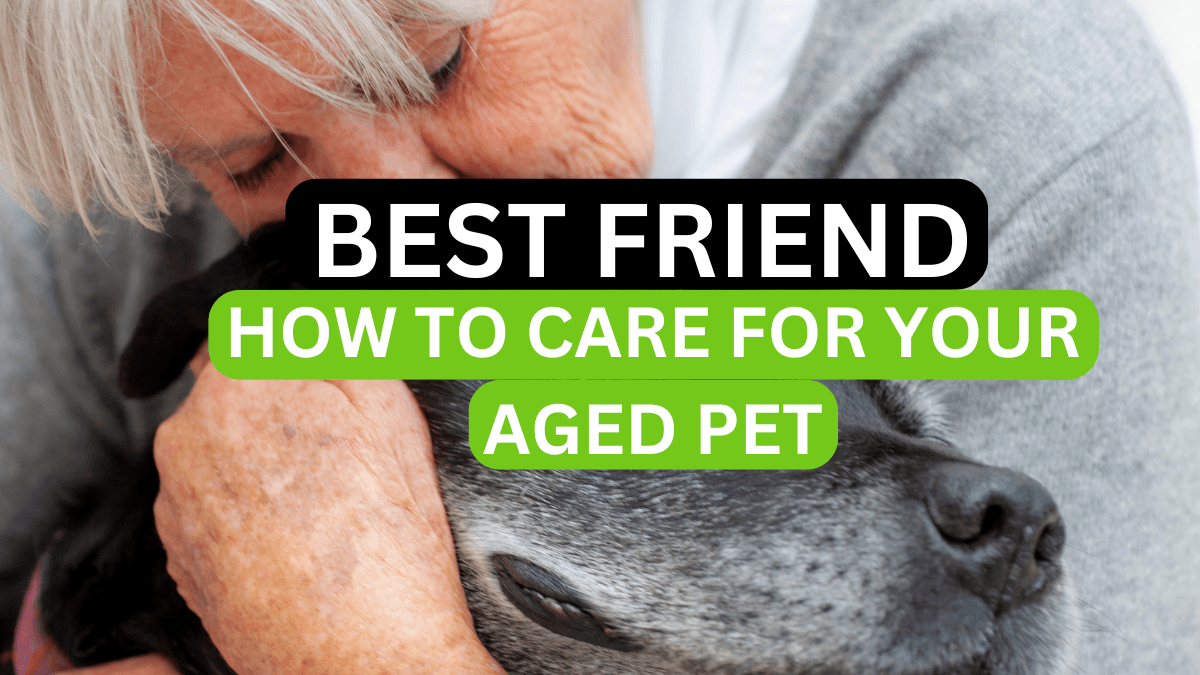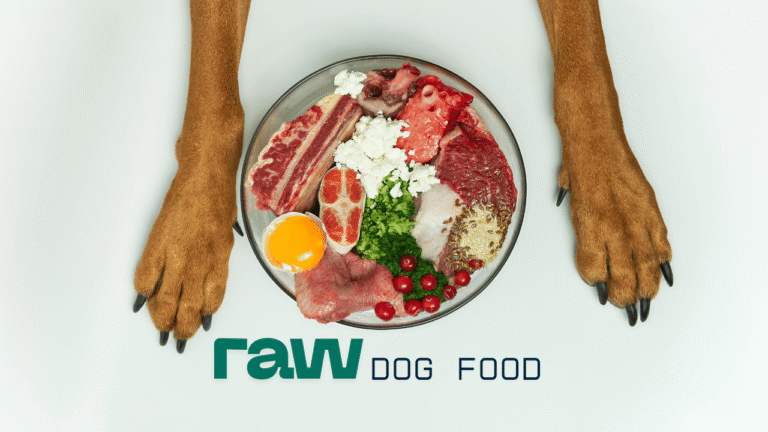Caring for an Aged Dog: 4 Essential Tips for Pet Owners
Caring for an Aged Dog: Essential Tips for Pet Owners Facebook Youtube Instagram Aged Dogs and our Beloved Pets Caring for an aged dog can be a deeply rewarding experience, filled with moments of companionship and love. However, it also requires patience, dedication, and an understanding of your dog’s…
Caring for an Aged Dog: Essential Tips for Pet Owners
Aged Dogs and our Beloved Pets
Caring for an aged dog can be a deeply rewarding experience, filled with moments of companionship and love. However, it also requires patience, dedication, and an understanding of your dog’s changing needs. As dogs age, they face various health challenges and require more attention to maintain their quality of life. This guide aims to provide comprehensive information on how to care for an aged dog, ensuring they remain comfortable, happy, and healthy in their senior years.
Understanding the Aging Process in Dogs
Dogs age at different rates depending on their breed and size. Generally, smaller breeds tend to live longer than larger breeds. A dog is considered a senior when they reach about seven years old, but this can vary. As they age, dogs may experience:
- Decreased Mobility: Arthritis and joint pain are common in older dogs. They may have difficulty climbing stairs, jumping into cars, or even walking long distances.
- Reduced Sensory Abilities: Older dogs might have diminished vision and hearing. They may startle more easily or not respond to calls.
- Dental Issues: Senior dogs are prone to dental diseases, which can cause pain and difficulty eating.
- Cognitive Decline: Some dogs experience cognitive dysfunction, similar to dementia in humans, leading to confusion and changes in behavior.
Diet and Nutrition
Proper nutrition is crucial for maintaining your senior dog’s health. As metabolism slows, they may need fewer calories but more of certain nutrients:
- Balanced Diet: Ensure their diet is rich in high-quality proteins to support muscle mass and includes essential fatty acids for joint health and coat condition.
- Specialized Senior Dog Food: Consider switching to a senior-specific dog food, which often has adjusted nutrient profiles to meet the needs of older dogs.
- Supplements: Omega-3 fatty acids, glucosamine, and chondroitin supplements can help with joint pain and inflammation. Always consult your vet before adding supplements to their diet.
Regular Veterinary Care
Frequent vet visits are essential for early detection and management of health issues:
- Biannual Check-ups: Older dogs should visit the vet at least twice a year. These visits can help catch conditions like diabetes, kidney disease, or cancer early.
- Dental Cleanings: Regular dental check-ups and cleanings can prevent painful oral diseases.
- Vaccinations and Preventatives: Ensure your dog is up-to-date on vaccinations and preventative treatments for fleas, ticks, and heartworm.
Exercise and Mental Stimulation
While senior dogs may not be as energetic as they once were, regular exercise and mental stimulation are vital:
- Gentle Exercise: Short, frequent walks are better than long, strenuous ones. Swimming is also a low-impact activity that can be easier on their joints.
- Interactive Toys and Puzzles: Keep their mind active with toys that challenge them mentally. Activities like food puzzles can stimulate their brain and provide a rewarding experience.
- Social Interaction: Continue socializing your dog with other pets and people. It keeps them engaged and can reduce anxiety and depression.
Comfort and Environment
Creating a comfortable living environment can significantly improve your aged dog’s quality of life:
- Orthopedic Beds: Invest in a supportive bed that cushions their joints and provides warmth.
- Easy Access: Ramps or steps can help them get onto furniture or into vehicles. Make sure their food, water, and bed are easily accessible.
- Safety Measures: Keep their living area free of hazards. Ensure they don’t have to navigate slippery floors or steep stairs.
Grooming and Hygiene
Maintaining hygiene is crucial for an aged dog’s health and comfort:
- Regular Grooming: Brush their coat frequently to prevent matting and skin issues. Grooming sessions also provide an opportunity to check for lumps, bumps, or skin problems.
- Nail Trimming: Older dogs might not wear down their nails as quickly, so regular trimming is necessary.
- Bathing: Bathe them with gentle, senior-specific shampoos to keep their skin and coat healthy.
Managing Health Issues
Older dogs are more likely to develop chronic health conditions. Managing these conditions involves:
- Pain Management: Work with your vet to manage pain from arthritis or other conditions. This might include medication, supplements, or alternative therapies like acupuncture.
- Monitoring Weight: Keep an eye on their weight. Overweight dogs are more prone to joint problems, while underweight dogs might be suffering from an underlying issue.
- Incontinence: Some senior dogs may experience incontinence. Use waterproof bedding and consider doggie diapers if necessary.
Emotional Well Being
An aged dog’s emotional health is just as important as their physical health:
- Consistent Routine: Dogs thrive on routine. Keeping a consistent schedule for feeding, walking, and bedtime can reduce stress.
- Quality Time: Spend plenty of time with your senior dog. Gentle petting, talking to them, and being close can comfort and reassure them.
- Training and Behavior: Be patient with changes in behavior. Training sessions can reinforce good behavior and provide mental stimulation.
Preparing for Potential Loss
While it’s difficult to think about, being prepared for the loss of your beloved pet can help:
- Understanding Grief: Losing a pet is deeply painful. It’s important to acknowledge your grief and seek support from friends, family, or pet loss support groups.
- End-of-Life Care: Discuss end-of-life care with your vet. Understanding your options can help you make informed decisions when the time comes.
- Cherishing Moments: Spend quality time with your pet. Creating lasting memories can help you cope with their eventual passing.
Caring for an aged dog involves a combination of attentive health care, proper nutrition, and emotional support. By understanding their changing needs and providing a loving, supportive environment, you can ensure your senior dog enjoys their golden years with comfort and happiness. Remember, the bond you share with your dog only deepens with time, making every moment together precious and rewarding.










